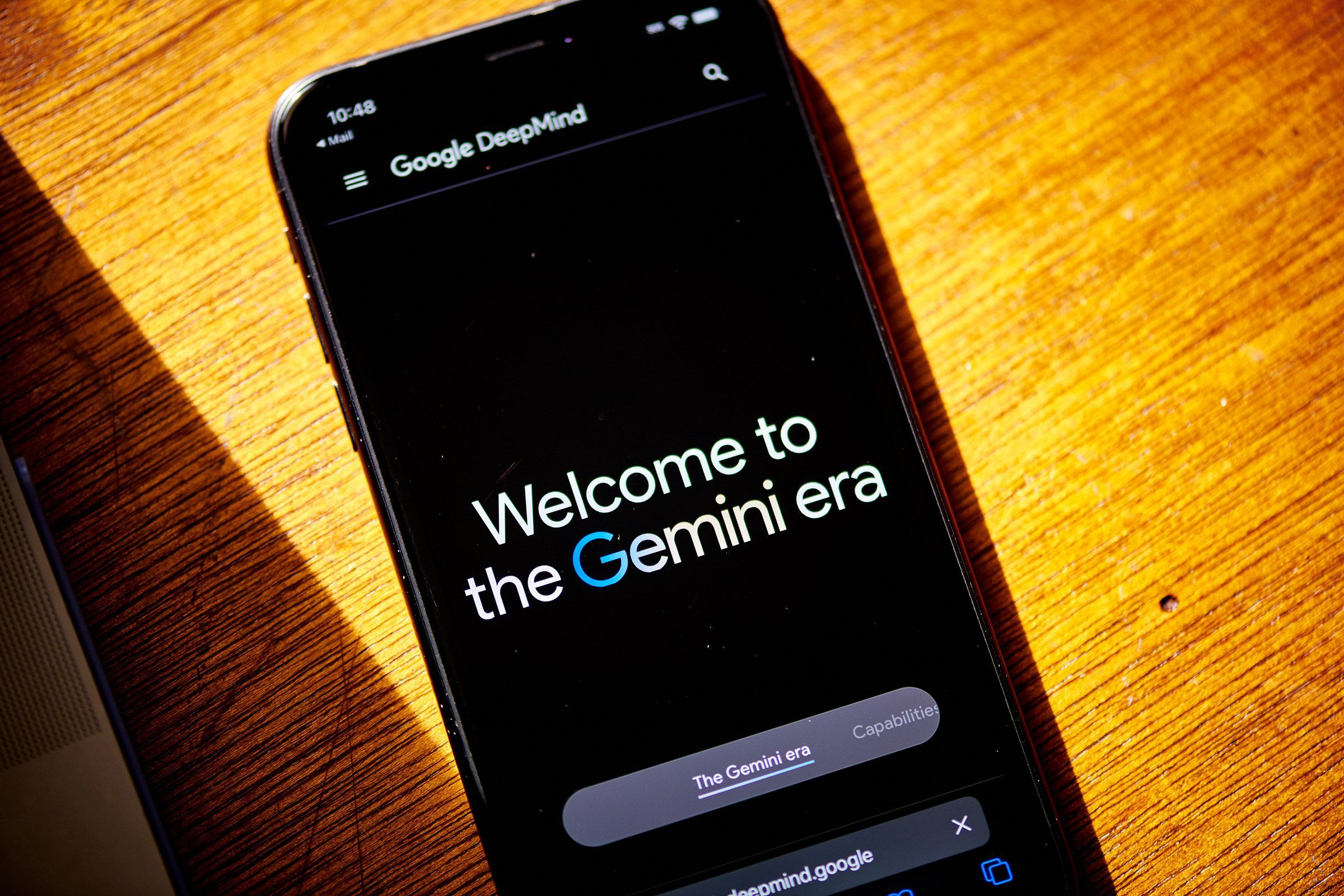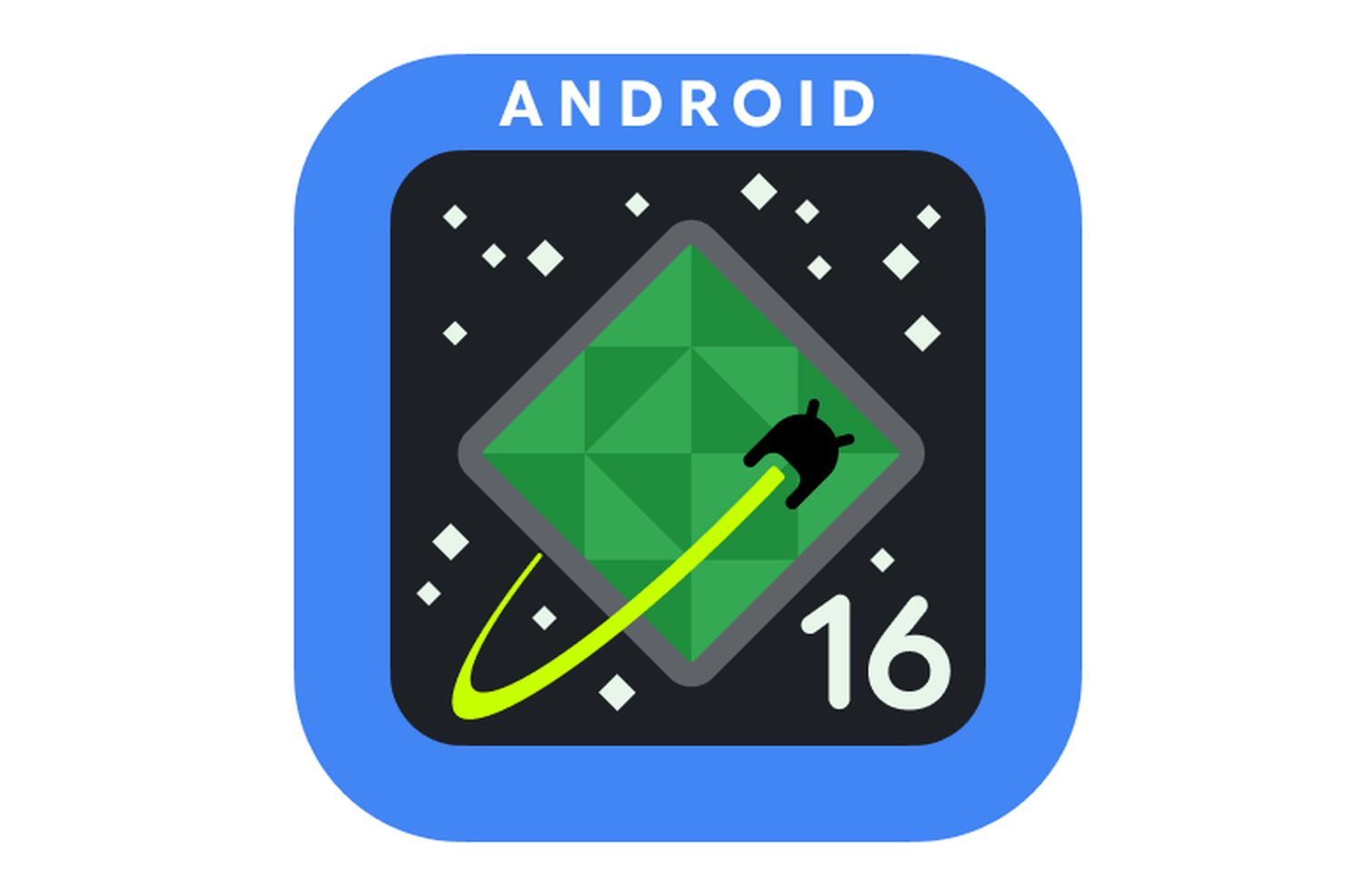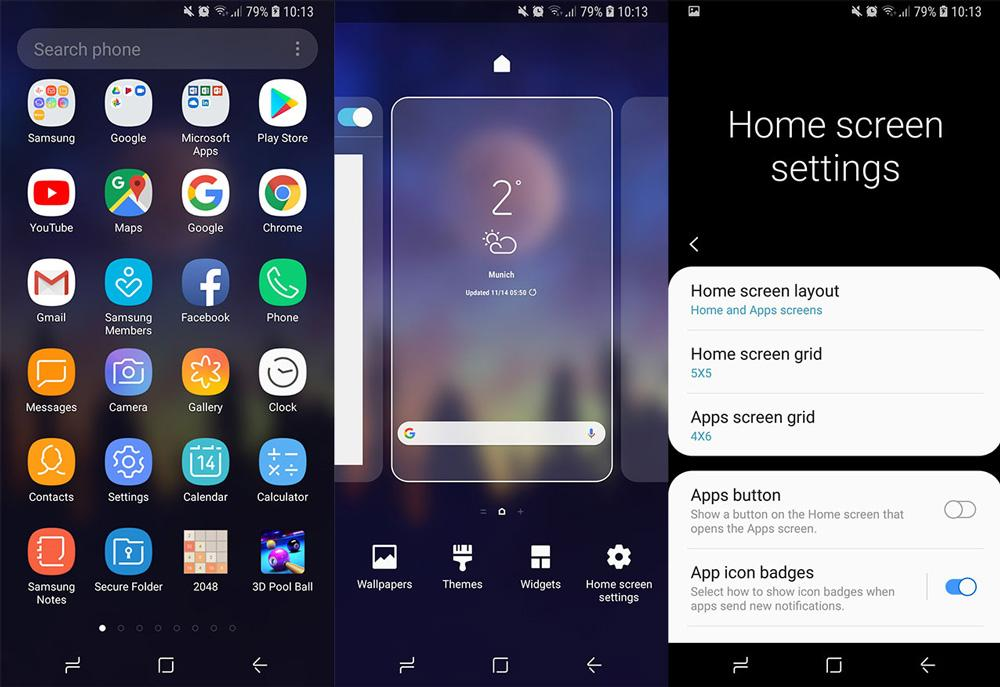Gemini AI Assistant is set to revolutionize the way we interact with our devices, marking a significant shift as it replaces the traditional Google Assistant on Android later this year. With the rise of generative AI in Android, Gemini is not just a simple upgrade; it incorporates advanced functionality that aims to redefine user experiences across various platforms. Google has already provided Gemini upgrade news, showcasing the robust features that differentiate it from its predecessor, especially in enhancing conversational AI interactions. As millions of users switch their default digital assistant to Gemini, the focus is now on how Gemini vs Google Assistant will reshape our dependence on AI helpers. This transition is not just limited to phones but expands to smart speakers, tablets, and various home devices, ensuring that Gemini AI Assistant delivers a seamless and enriched experience for users everywhere.
In this era of digital innovation, Gemini AI Assistant heralds a new phase of interactive technology as it takes over from the previous voice-activated helper known as Google Assistant. This transition aligns with the growing trend of employing generative artificial intelligence in mobile environments, enhancing how we communicate with our devices. With numerous reports and insights circulating about the capabilities of the new AI assistant, users are eager to explore the distinctive features that will become available soon. As the discussion deepens around the advantages of Gemini over Google’s legacy assistant, attention is drawn to its integration with smart technology across various mediums. This new evolution not only signifies a shift in user interface but also in the overall user experience, suggesting a bright future for intelligent automation in our everyday lives.
The Transition from Google Assistant to Gemini AI Assistant
Google’s announcement about replacing the Google Assistant with the Gemini AI Assistant represents a significant shift in digital assistance technology. For nearly seven years, Google Assistant has been a staple on Android devices, utilizing natural language processing to create a seamless interaction for users. With this upgrade, analytics suggest that generative AI will enhance user experiences by facilitating more intuitive conversations and better understanding context. The transition marks a move from simply voice-activated tasks to complex interactions driven by AI capabilities.
The decision to replace Google Assistant was influenced by emerging technologies in generative AI, signaling a new era of assistance where personalized interactions become possible. Users will now benefit from advanced AI features that can learn and adapt to individual needs, making Gemini not just a replacement but a substantial upgrade. With millions already switching to the new system, the acceptance ratio highlights users’ preference for more intelligent and responsive assistance.
Understanding Generative AI in Android with Gemini
Generative AI in Android, epitomized by the Gemini assistant, exemplifies the evolution of smart technology. This new form of AI is designed to create new content based on user inputs, transforming the way users interact with devices. Unlike traditional assistants that provide static responses, Gemini allows for dynamic engagement, where users can have more fluid conversations, making queries feel more natural. This shift is reflective of broader trends in technologic advancements, where user experience optimization is at the forefront.
As generative AI continues to grow, its integration into daily applications means users can expect not just answers, but comprehensive interactions that build on previous conversations. Gemini’s features—like live conversations and deep research—are only the tip of the iceberg, showcasing the promising future of AI in mobile technology. This represents a profound shift in how tasks are completed, moving beyond search into a territory where the assistant actively participates in generating solutions.
Gemini Upgrade News: What to Expect
The buzz around the Gemini upgrade is palpable, with expectations set high for what this AI assistant will bring to the table. Google has indicated that multiple features will debut across various platforms, highlighting its aim to revolutionize user interactions on devices from smartphones to smart home gadgets. The upcoming updates are anticipated to include enhanced voice recognition, better contextual understanding, and features designed for everyday tasks, making Gemini more versatile than its predecessor.
As Google continues to work on improving Gemini, insiders speculate that future updates could dramatically alter how users complete tasks on their devices. By integrating Gemini into tablets, cars, and even smart speakers, Google is clearly aiming to create a cohesive ecosystem. Additionally, attending events like Google I/O will likely unveil more about this transformation, with possibilities including new capabilities that leverage machine learning for even more personalized experiences.
Comparison: Gemini vs Google Assistant
When comparing Gemini with Google Assistant, a few key differences emerge that set them apart. While Google Assistant has long been known for its reliability and seamless integration within the Google ecosystem, Gemini is poised to redefine user expectations with highly interactive features driven by generative AI. For instance, Gemini’s ability to hold contextual conversations is a significant enhancement over the more transactional nature of Google Assistant, creating a more engaging user experience.
Another aspect is the expanded compatibility that Gemini offers, functioning across various devices, including iPhones, which marks a shift from the previous limitations of Google Assistant. This broad accessibility reflects Google’s commitment to ensuring that Gemini is not just a digital assistant, but a versatile personal assistant available to everyone. As Google continues to develop Gemini’s capabilities, it may well become the benchmark against which all AI assistants are measured.
AI Assistant Features: A New Era of Interaction
The features that Gemini brings to the table signify a new era of interaction between users and machines. Unlike previous iterations of digital assistants, Gemini’s generative capabilities mean that it can assist with more complex tasks, such as summarizing lengthy texts or providing detailed insights based on user queries. This is a game changer for users who rely on technology for productivity and information gathering.
Additionally, Gemini’s ability to engage in live conversations marks a significant leap in how AI assistants function. This innovation allows users to ask follow-up questions and receive clarifications in real time. As voice recognition technology continues to improve, users can expect even more natural interactions, leading to enhanced efficiency and ease of use in everyday applications.
Anticipated Features of Gemini AI Assistant
As users transition to the Gemini AI Assistant, they can look forward to several exciting features. One of the most anticipated aspects is the enhanced contextual awareness, allowing Gemini to recall previous interactions and engage more meaningfully. This upgrade aims to create a more personalized experience, as the assistant will adapt to users’ preferences over time. Features such as Deep Research enable Gemini to assist users in exploring topics comprehensively, making it a powerful tool for both casual users and professionals alike.
Furthermore, the introduction of Gemini Live conversations positions the assistant as an interactive partner more than just a reactive tool. Users will benefit from real-time feedback and guidance, particularly in educational or complex problem-solving scenarios. These features highlight Gemini’s potential not just as an upgrade but as a complete rethinking of how digital assistance can be achieved.
How Gemini Enhances Smart Device Interactions
Gemini’s impact extends beyond smartphones; it has been tailored to enhance interactions across a range of smart devices. By integrating Gemini into smart speakers, TVs, and other household tech, users can expect a cohesive experience where one assistant manages multiple interfaces. This level of integration is designed to simplify daily tasks, allowing users to control their environments seamlessly—whether it’s adjusting the thermostat, managing media playback, or checking the weather.
Additionally, the upgrade means that smart devices will be able to communicate more intelligently with the user, responding not just to commands but to conversational queries. This not only enriches the user experience but also allows for more complex automation scenarios, where Gemini can process and respond to a series of commands in a coherent manner. As AI continues to evolve in the realm of smart technology, Gemini is positioning itself as a leader in this space.
The Global Reach of Gemini AI Assistant
Gemini’s availability in over 40 languages and across 200 countries signifies its global aspiration and adaptability. This diverse linguistic support ensures that users from various backgrounds can benefit from advanced AI assistance, making it a truly universal tool. Such inclusivity is essential in an increasingly interconnected world, allowing more users to leverage the power of AI in their daily lives.
Additionally, this global reach means that Gemini can offer localized features that cater to specific cultural contexts. This adaptability not only enhances user experience but also fosters a deeper connection with users by considering their unique needs and preferences. As Gemini rolls out worldwide, it promises to be a significant resource for information, assistance, and connectivity, signaling a new phase for AI assistants on a global scale.
Future Developments and Expectations for Gemini AI
As Google continues to innovate, the future developments for Gemini AI are highly anticipated. The upcoming enhancements are expected to focus on refining interaction quality and expanding functionalities that cater to both personal and professional needs. Upcoming events, including Google I/O, are set to offer deeper insights into planned features and potentially new tools that integrate further with existing Google services, making Gemini an essential part of users’ digital lives.
Moreover, as the landscape of AI technology evolves, Gemini stands to benefit from advancements in machine learning and natural language processing. This could lead to even more powerful interactions, where the assistant could predict needs or suggest actions based on user habits. With such promising developments on the horizon, Gemini could redefine the role of AI assistants in the years to come, potentially impacting how consumers engage with technology daily.
Frequently Asked Questions
What is Gemini AI Assistant and how does it compare to Google Assistant?
Gemini AI Assistant is Google’s advanced voice-activated assistant that is set to replace Google Assistant on Android devices. With the integration of generative AI, Gemini offers improved natural language processing and voice recognition capabilities, making user interactions more intuitive and effective. Unlike its predecessor, Gemini provides enhanced features such as Gemini Live conversations and Deep Research, showcasing the advancements in generative AI in Android.
Will Gemini AI Assistant really replace Google Assistant on all devices?
Yes, Gemini AI Assistant will gradually replace Google Assistant on most Android devices over the coming months. While users currently active on devices that do not meet Gemini’s minimum requirements will still have access to Google Assistant, the transition to Gemini is comprehensive, extending to smartphones, tablets, smart TVs, and other connected devices.
What are the key features of Gemini AI Assistant?
Gemini AI Assistant introduces several key features such as Live conversations, which facilitate real-time dialogue, and Deep Research capabilities that enhance information retrieval. Additionally, Gemini.ai is already available in over 40 languages globally, providing users with a seamless experience across various platforms, including iPhones and other Apple devices.
How does Gemini AI Assistant leverage generative AI technology?
Gemini AI Assistant utilizes generative AI technology to enhance user interaction through improved context understanding, dynamic response generation, and increased adaptability in conversation. This shift marks a significant advancement in AI assistant features compared to what Google Assistant has previously offered.
When is the full launch of Gemini AI Assistant expected?
The full transition to Gemini AI Assistant is expected to be completed later this year. Google plans to upgrade users from Google Assistant to Gemini throughout 2023, with further announcements anticipated at events like Google I/O.
What should users expect from the Gemini upgrade news?
Users can look forward to regular updates regarding Gemini, including new features, improvements in performance, and expanded capabilities across devices. Google has committed to providing detailed Gemini upgrade news in the upcoming months, especially at major events.
Is there a way to use Gemini AI Assistant on Apple devices?
Yes, Gemini AI Assistant can be used on Apple devices, ensuring that users experience the same level of functionality as on Android devices. This makes Gemini a versatile option for users who prefer Apple products but still want to utilize Google AI functionalities.
How can I switch from Google Assistant to Gemini on my Android device?
Switching from Google Assistant to Gemini on your Android device is a straightforward process. Users can navigate to the device’s settings, locate the digital assistant option, and select Gemini as the default assistant. This transition has already been adopted by millions of users.
What advantages does Gemini AI Assistant provide for smart home devices?
Gemini AI Assistant enhances the functionality of smart home devices, such as speakers and displays, by offering responsive voice commands, integration with more smart home services, and improved interactivity. The resulting AI-powered home ecosystem is designed for a more seamless and intuitive user experience.
How does Gemini AI Assistant perform compared to previous versions of Google Assistant?
Gemini AI Assistant outperforms previous versions of Google Assistant by utilizing generative AI technologies that allow for more sophisticated responses, context-aware interactions, and a deeper understanding of user queries. This results in a more engaging and efficient assistant experience for users.
| Key Point | Details |
|---|---|
| Announcement of Gemini | Google Assistant will be replaced by Gemini on Android later this year. |
| Evolution of Technology | Generative AI is changing interaction with technology, as noted by senior director Brian Marquardt. |
| User Transition | Many users have already switched from Google Assistant to Gemini, with millions already making the change. |
| Device Compatibility | Transition includes Android phones, tablets, and compatible devices like headphones and watches. |
| Language Availability | Gemini is available in over 40 languages across more than 200 countries. |
| Upcoming Features | Gemini-powered features will debut on various smart devices, including speakers and TVs. |
| Google I/O Announcement | Google will share more advancements about Gemini at the Google I/O event in May. |
Summary
Gemini AI Assistant is set to revolutionize the way users interact with their devices by replacing Google Assistant on Android. As Google acknowledges the shift towards generative AI, it embraces a platform that promises to enhance user experience across various devices. With millions already transitioning to Gemini, the future of AI-powered assistance looks more integrated and user-friendly. Expect exciting developments and features as Google prepares for broader rollouts and updates in the coming months.



